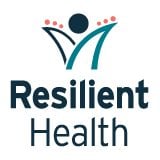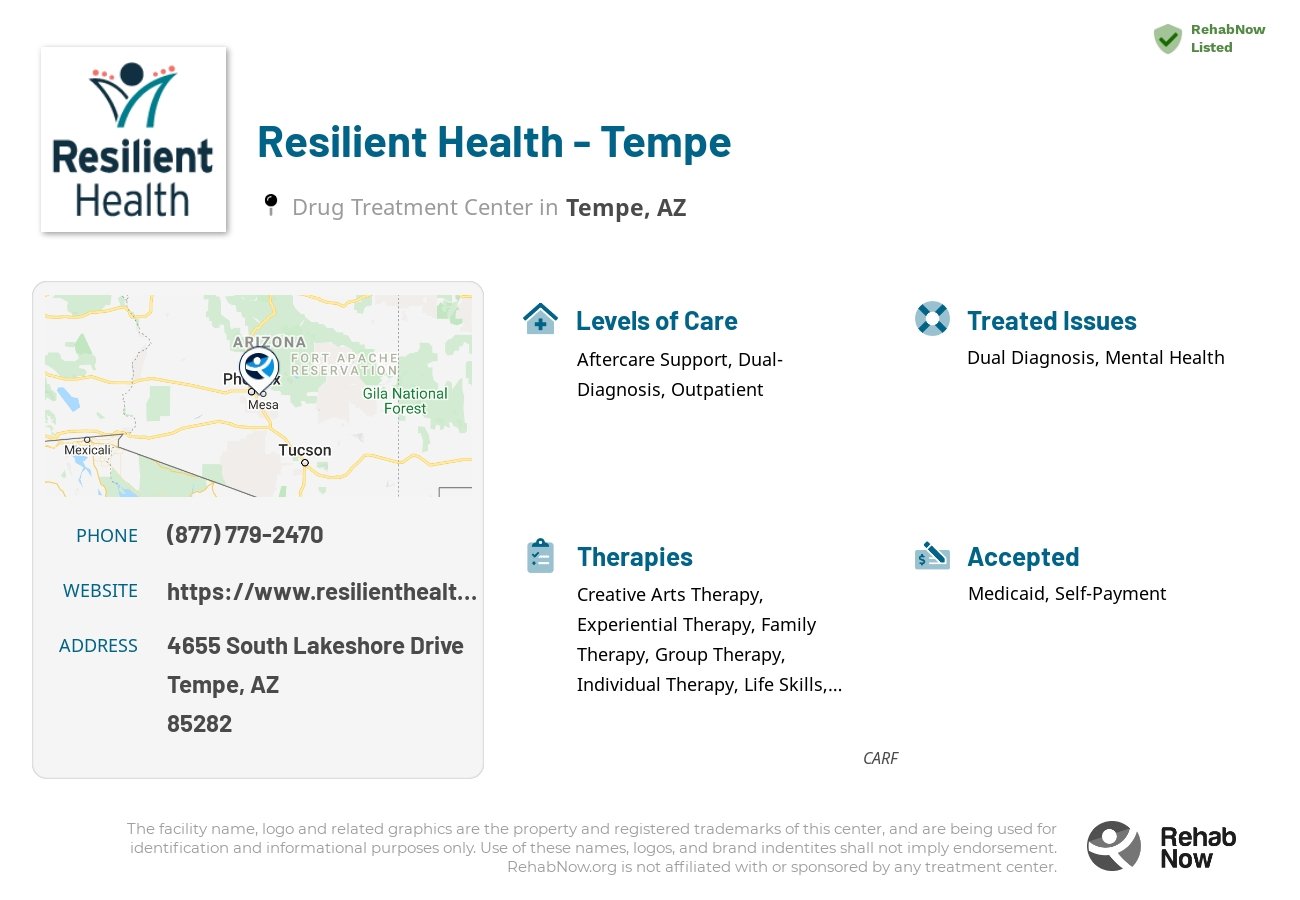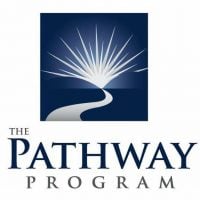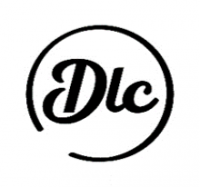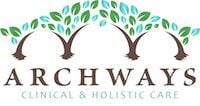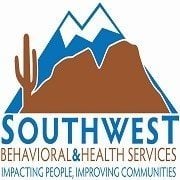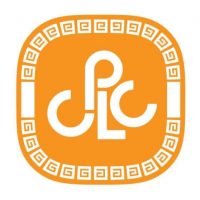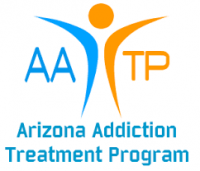Resilient Health - Tempe
Drug Rehab Center in Tempe, Arizona
Resilient Health - Lakeshore Drive in Tempe, Arizona is a renowned treatment facility that offers comprehensive care for Dual Diagnosis, Mental Health, Alcoholism, Substance Abuse, and Drug Addiction, with various levels of care, accreditation by CARF, and acceptance of private health insurance.
About Resilient Health - Tempe in Arizona
Resilient Health - Lakeshore Drive, located in Tempe, Arizona, specializes in treating individuals with dual diagnoses and offers a comprehensive approach to recovery from drug and alcohol addiction. This facility stands out for its commitment to using creative arts and self-expression as part of the healing process, providing a unique combination of traditional and innovative therapies.
- Emphasis on Creative Arts: Utilizing poetry, music, and other forms of creative expression to facilitate recovery.
- Holistic and Patient-Centered Care: Focuses on treating the whole person, addressing both mental health and substance abuse issues.
- Flexible Treatment Options: Offers outpatient and partial-hospitalization programs to accommodate the needs of individuals maintaining daily responsibilities.
Accredited by CARF, Resilient Health - Lakeshore Drive is recognized for its high-quality care and comprehensive treatment services. The facility accepts private health insurance, making its programs accessible to those in need of assistance overcoming addiction.
The facility addresses a wide range of issues, including alcoholism, drug addiction, and dual diagnosis conditions. Treatment methods include psycho-social rehabilitation, promoting empowerment and recovery through self-expression, and providing aftercare support to ensure long-term success.
Genders
Ages
Modality
Additional
Accreditations

CARF
The Commission on Accreditation of Rehabilitation Facilities (CARF) is a non-profit organization that specifically accredits rehab organizations. Founded in 1966, CARF's, mission is to help service providers like rehab facilities maintain high standards of care.
Conditions and Issues Treated
A “dual diagnosis” is when the individual has two medical issues at the same time. The top co-occurring mental disorders with addiction are depression, anxiety, ADHD, bi-polar disorder. Addiction is also considered a mental illness that is not a choice but rather a medical condition. Addiction can be caused by any number of underlying issues.
Dual diagnosis is provided by Resilient Health - Tempe to treat addictive tendencies as well as any untreated mental illnesses. This ensures successful long term health and recovery for patients after treatment has been completed.
Dual diagnosis is provided by Resilient Health - Tempe to treat addictive tendencies as well as any untreated mental illnesses for people in Arizona. This ensures successful long term health and recovery for patients after treatment has been completed.Levels of Care Offered
This center offers a variety of custom treatment tailored to individual recovery. Currently available are Aftercare Support, Dual-Diagnosis, Outpatient, with additional therapies available as listed below.
Outpatient programs at Resilient Health - Tempe, the Tempe resident can live with their family while continuing with their job or studies. Treatment includes educating the patient on drug abuse, medications, and counseling sessions at the individual or group level. Outpatient treatment plans cover diagnosis, detoxification, management, and counseling. They are a popular option for those who have graduated from inpatient facilities.
Without aftercare support, addicts can easily relapse back into addiction. It is crucial to integrate the addict back into society. Aftercare support should take place after outpatient treatment has ended.
There are a few different types of aftercare support that patients can seek after completing an inpatient treatment program:
- 12 Step Self-help groups (AA, NA)
- Therapeutic communities,
- Long-term, structured sober living arrangements
- Halfway houses (residential treatment centers)
Many different support groups exist for addicts to seek help after treatment. Some are more effective than others, depending on the person’s addiction, background, and other factors.
Therapies & Programs
Individual therapy is a form of counseling where you meet with a trained professional one-on-one. Meeting with a therapist in this setting allows for a personal and trusting relationship to be built. This allows the patient to open up about sensitive or private issues they may not feel comfortable discussing in a group. Individual therapy helps identify the root causes of your addiction, which can help prevent relapse.
Family therapy is often done alongside drug treatment to help addicts stay sober. The goal of family therapy for drug addiction is to create an environment where communication can happen without judgment, hostility, or blame. The therapist will sit with the family so they can learn how to communicate differently and provide new tools for dealing with emotions so that people don’t want to drink or do drugs. It’s important for families to focus on relapse prevention plans during treatment so that if the addict feels like they want to use again, they’ll know what steps they need to take together to prevent it from happening again in the future.
Group therapy sessions are another common addiction recovery service. These group sessions typically involve six to 12 addicts who meet regularly with a trained professional for support and guidance.
During these sessions, the group shares their experiences with one another and provides feedback that can help each member avoid relapse or overcome specific obstacles they are facing in their recovery process. With this type of support and guidance, addicts can feel like they are part of a community that understands their struggles and will help them get through the hard times.
Many people struggling with drug addiction have experienced some form of trauma in their lives. It is crucial that these individuals seek out professional help; otherwise, their drug abuse and addiction will likely continue.
Therapists and counselors at drug treatment centers employ several treatment programs to help people struggling with drug addiction, including trauma therapy. Trauma therapy helps people dealing with addiction by allowing them to confront the traumas of their past and move past them.
It is important to note that trauma therapy should not be confused with PTSD (post-traumatic stress disorder). Rather, it is used to treat the effects of trauma, which are often at the root of addiction.
It’s not as simple as quitting drinking or using drugs and expecting the hard part to be over. Many addicts in recovery have discovered that they need to improve skills such as time management, organization, communication, socialization, and self-esteem. Learning certain life skills can help those who are struggling with addiction.
Patient Experience
Creative Arts
Creative Arts Therapy is one of the most effective types of therapy used in addiction recovery. The use of art, music, dance and other creative pursuits stimulate neurogenesis (the growth of new brain cells) Many addicts have short attention spans and have difficulty focusing on tasks. Creative arts therapy promotes changes in brain function to increase memory and the ability to focus; it also helps raise awareness of feelings.
Experiential Therapy at Resilient Health - Tempe
Drug addiction causes the formation of abnormal connections between neurons in the brain to form due to repeated exposure to drugs. These connections are responsible for addictive behaviors to drugs. Experiential therapy is done with patients individually and is different from traditional talk therapy. This therapy can help people revisit past traumas, heal, and move on in life in a more authentic way.
Experiential therapy uses activities to recreate experiences that may have caused trauma or negative emotions. These activities include role-playing, arts and crafts, animal care, music, or rock climbing. The individual will gradually experience calmness and love and change their perception positively through this therapy. Other than drug addiction, experiential therapy can be helpful for behavioral or eating disorders.
Payment Options Accepted
For specific insurance or payment methods please contact us.
Resilient Health Associated Centers
Discover treatment facilities under the same provider.
- Resilient Health - North 2nd Street in Phoenix, AZ
- Resilient Health - Warehouse 1005 in Phoenix, AZ
- Resilient Health - Grande in Casa Grande, AZ
- Resilient Health - Douglas in Douglas, AZ
- Resilient Health - Yuma in Yuma, AZ
Learn More About Resilient Health Centers
Additional Details
Specifics, location, and helpful extra information.
Tempe, Arizona 85282 Phone Number(877) 779-2470 Meta DetailsUpdated April 15, 2024
Staff Verified
Resilient Health - Tempe Patient Reviews
There are no reviews yet. Be the first one to write one.
Tempe, Arizona Addiction Information
Arizona has some of the highest rates of prescription drug abuse in the United States. Methamphetamines, heroin and morphine are among the most commonly abused substances. Prescription pain relievers were prescribed to 348 million people in 2012, enough to medicate every adult in Arizona for 2 full weeks. The number of people with substance use disorders in Arizona has remained relatively constant over the past few years.
9% of the population in Tempe struggles with drug addiction. The most common drugs abused include methamphetamine, marijuana, and opioids. According to recent statistics, there were over 1,000 drug-related arrests in Tempe in 2016. Life in Tempe, Arizona, is great after getting sober. There are many Alcohol and Drug Rehabs in Tempe, Arizona, to help someone recover from their addiction.
Treatment in Nearby Cities
- San Carlos, AZ (84.9 mi.)
- Chandler, AZ (7.0 mi.)
- Lakeside, AZ (124.5 mi.)
- Coolidge, AZ (36.5 mi.)
- Sedona, AZ (103.3 mi.)
Centers near Resilient Health - Tempe
The facility name, logo and brand are the property and registered trademarks of Resilient Health - Tempe, and are being used for identification and informational purposes only. Use of these names, logos and brands shall not imply endorsement. RehabNow.org is not affiliated with or sponsored by Resilient Health - Tempe.
